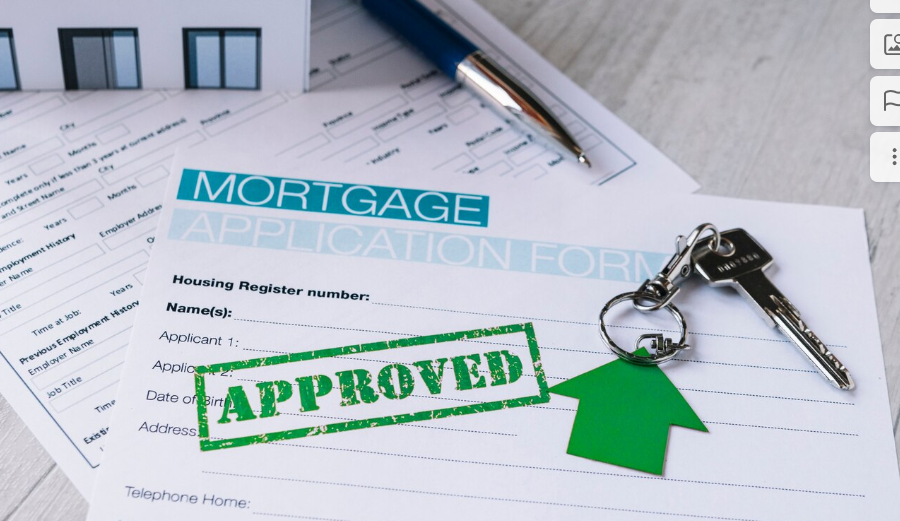Selling an Inherited House in Florida: A Comprehensive Guide
Inheriting a property in Florida can be both a blessing and a challenge. While it may bring the potential for financial gain, it also comes with a range of legal, financial, and emotional considerations. This comprehensive guide is designed to provide you with a deep understanding of the intricate process of selling an inherited house in the Sunshine State. Whether you're an executor, heir, or beneficiary, this information will empower you to make informed decisions and navigate the complex journey ahead.

Understanding the Inheritance Process
Inheriting a property is not merely a matter of receiving a set of keys. It often involves various legal and financial considerations:
- Probate: Florida's probate laws dictate how inherited assets are distributed. The probate process can vary in complexity depending on the circumstances and whether a will exists. Understanding this process is crucial for a smooth transition of property ownership.
- Beneficiaries and Heirs: Identifying who the rightful heirs or beneficiaries are is essential. This step ensures clarity and prevents disputes down the road.
- Property Appraisal: To assess the property's potential value in the market, it's advisable to obtain a professional appraisal. This will help you determine whether it's best to sell the property as-is or invest in renovations.
Evaluating the Property
Before deciding on the best course of action for the inherited property, it's important to thoroughly evaluate it:
- Property Condition: Examine the state of the house, including any necessary repairs or renovations. Consider hiring a home inspector to provide a detailed report on the property's condition.
- Market Value: Get a professional appraisal or consult local real estate experts to determine the property's current market value. This step will help you set a realistic selling price.
Legal Considerations
Selling an inherited property often involves navigating various legal matters. Some key points to consider:
- Probate Process: Ensure you follow Florida's probate process correctly to avoid legal complications. It may be necessary to hire an attorney experienced in probate matters.
- Title Issues: Verify the property's title and address any issues that may arise during the title search. A clear title is essential for a smooth sale.
- Inheritance Taxes: While Florida does not have a state-level inheritance tax, federal estate tax may apply in some cases. Consult a tax professional to understand your tax obligations.
Selling Options
When it comes to selling an inherited house in Florida, you have several options to consider:
- Traditional Listing: Opt for a conventional approach by listing the property on the market. This method allows you to potentially maximize profit, but it can take time to find the right buyer.
- Renovations: Investing in repairs and renovations can enhance the property's appeal and value. However, this option requires both time and financial resources.
- Cash Home Buyers: Consider selling to cash home buyers for a quick and hassle-free transaction. Cash buyers are often willing to purchase properties as-is, saving you time and effort.
Working with a Real Estate Agent
Deciding whether to involve a real estate agent is a crucial choice in the selling process:
- Benefits: Real estate agents bring market expertise, access to marketing resources, and negotiation skills to the table. They can help you navigate the complexities of the real estate market.
- Drawbacks: Commissions and fees associated with real estate agents can reduce your final proceeds from the sale. Additionally, the traditional selling process may take longer.
Preparing the Property for Sale
Preparing an inherited house for sale is a critical step in attracting potential buyers:
- Repairs and Renovations: Address necessary repairs and improvements to make the property more marketable. Consider focusing on areas that have the most impact on the property's value and appeal.
- Staging: Staging the home can help buyers envision themselves living in the space. Staged homes often sell faster and at higher prices.
Tax Implications
Understanding the potential tax implications of selling an inherited property is essential:
- Capital Gains Tax: Be aware of capital gains tax if the property appreciates significantly between the time of inheritance and the sale. Consult a tax professional to assess your tax obligations.
- Inheritance Tax: In Florida, there is no state-level inheritance tax. However, federal estate tax may apply in some cases. It's crucial to understand the tax implications to plan accordingly.
Selling for Cash
Selling your inherited house for cash offers several advantages:
- Speed: Cash transactions typically close faster, providing a quick solution if you need to liquidate the property swiftly.
- Convenience: Cash buyers are often willing to purchase properties as-is, eliminating the need for extensive repairs and renovations. This can save you time and effort in preparing the property for sale.
Conclusion:
Selling an inherited property in Florida can be a complex and emotionally charged process. However, armed with the right knowledge and guidance, you can navigate the journey successfully and ensure that it benefits all parties involved. Whether you choose traditional listings, invest in renovations, or opt for a cash sale, making informed decisions is key to maximizing the value of your inherited property and achieving a smooth and advantageous sale.









